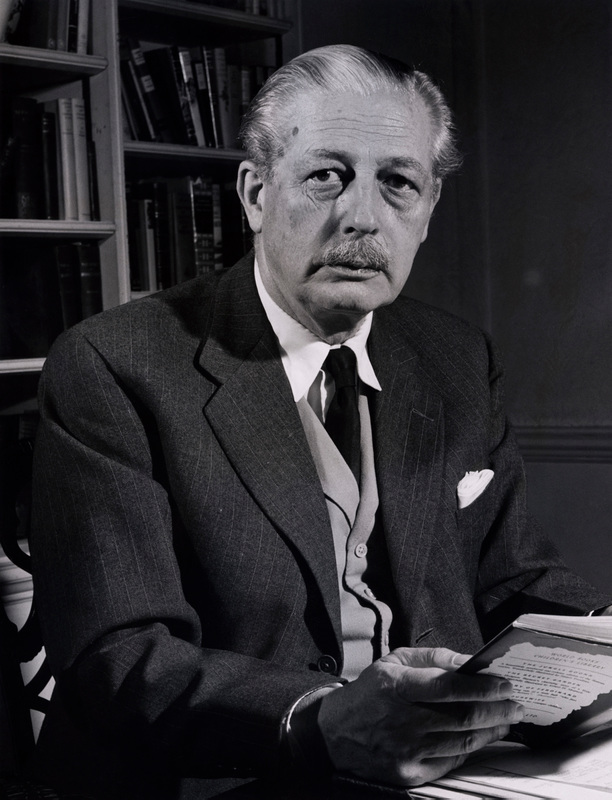“I'd like that translated, if I may.”
"Mr Macmillan seeks end to world fear", The Times, 30 September 1960, p. 12.
Macmillan's reaction at the United Nations General Assembly when Nikita Khrushchev started shouting and banging his shoe on the desk in protest at something in Macmillan's speech.
1960s
